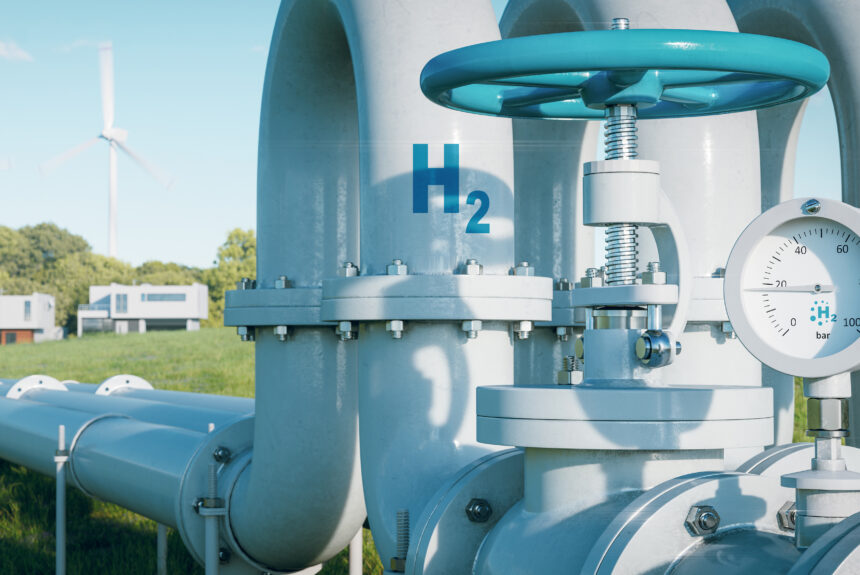Penn State announces that it has received $1.1 million to explore geologic hydrogen.

- Penn State researchers have been awarded $1.1 million by ARPA-E to explore the potential of geologic hydrogen, a naturally occurring clean energy source that could contribute to a more sustainable and energy-independent future.
- The team plans to develop innovative technology to stimulate and extract hydrogen from subsurface peridotite formations using an inert gas dynamic fracturing technique and carbon-rich solutions, potentially unlocking a significant new clean energy resource.
- This pioneering research could lead to breakthroughs in understanding how to explore, extract, and manage geologic hydrogen reservoirs, with potential applications for grid stabilization and utilization of existing natural gas infrastructure.
“Hydrogen is the most abundant element in the universe but is usually found in compound form. It can be extracted from a variety of sources, including water, fossil fuels and biomass but this requires energy and can release carbon dioxide into the atmosphere. Geologic hydrogen — or natural hydrogen — is pure hydrogen, generated through water-rock interactions deep in the Earth’s subsurface without active stimulation, the researchers said.”
Read the full article here.
The views and opinions expressed are those of the author’s and do not necessarily reflect the official policy or position of C3.
